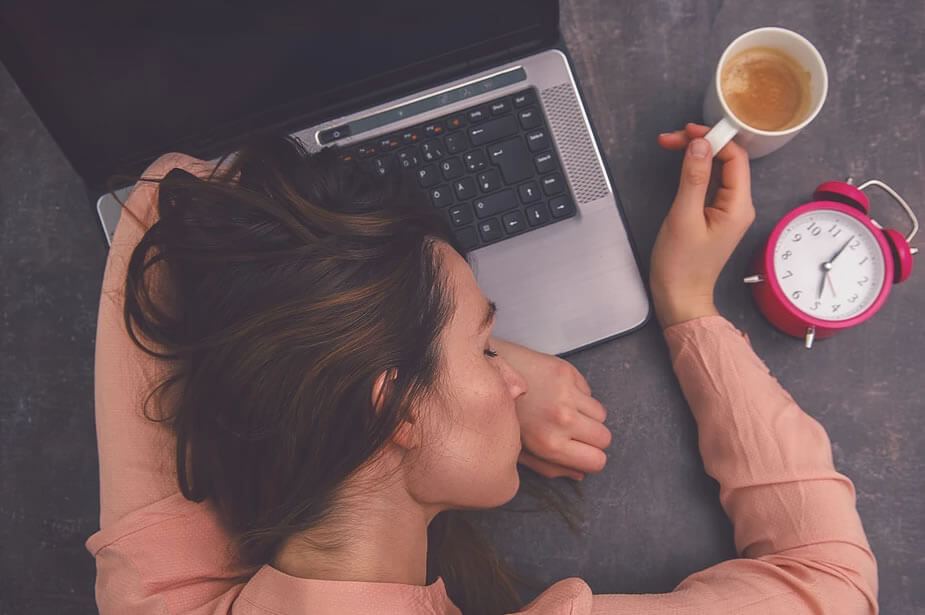Coffee is a re-initiator of energy and a natural stimulant of our senses. We all take its benefits for granted, but we also know that too much can cause problems. Have you ever really questioned everything that is said about coffee? We do, and that’s why we want to demystify our sacred drink by solving 3 of its most common dilemmas:
Is it true that coffee takes away sleep?
Coffee Fact: Many people drink coffee precisely to shake Morpheus off. The popular belief is that this beverage gives us energy and keeps us active when we feel fatigued. Is this true?
Caffeine can be found mostly in coffee, tea (especially black), chocolate and some seeds such as coconut. A study published in the Science Translational Medicine Journal in 2015 warns that caffeine affects our circadian cycle (or in common parlance, our biological clock) by slowing the process by at least 40 minutes per day near energy decay. That explains why when we drink coffee we feel replenished, especially when we wake up or when we are about to sleep.
Is morning the best time to drink coffee?
Yes, we confess it: we can’t start our day without a nice cup of Filipino coffee either.
But according to dietitian Laura Cipullo in an interview with CNBC when we wake up, a hormone called cortisol, responsible for making us feel alert, circulates through our bodies. This substance is controlled by our brain product of the circadian cycle. By drinking coffee immediately after leaving the house, the caffeine doubles the levels of cortisol, which gives us a push to deal with the early hours of the day.
However, drinking the wrong amount of coffee during our circadian cycle produces fatigue. That’s why when we drink coffee very early, we have to double the dose at mid-morning or after lunch.
Our coffee fact solution? Don’t drink it as soon as you wake up. Wait until two or three hours after getting out of bed.
Is it possible to be addicted to coffee?
It is very common to hear people (including us, we are not ashamed to admit it) say that they cannot live without coffee.
Well, the professor of psychiatry and also president and CEO of The National Center on Addiction and Substance Abuse Dr. Samuel A. Ball states that dependence on coffee is only psychological.
When your brain becomes accustomed to receiving a substance like caffeine, it develops a kind of addiction. That’s why when we stop taking it for a day or two we may have withdrawal symptoms (a headache, dizziness, fatigue). The funny thing about it is that, according to Dr. Ball, everything is in your head.
Coffee doesn’t cause intoxication nor psychological deterioration. It does not generate exaggerated and irrational behavior. At the most, if we stop taking it, it gives us a bad mood, but nothing that experts consider a symptom of drug addiction.
Do you have something to add to our coffee facts that you want us to investigate? Let us know!

